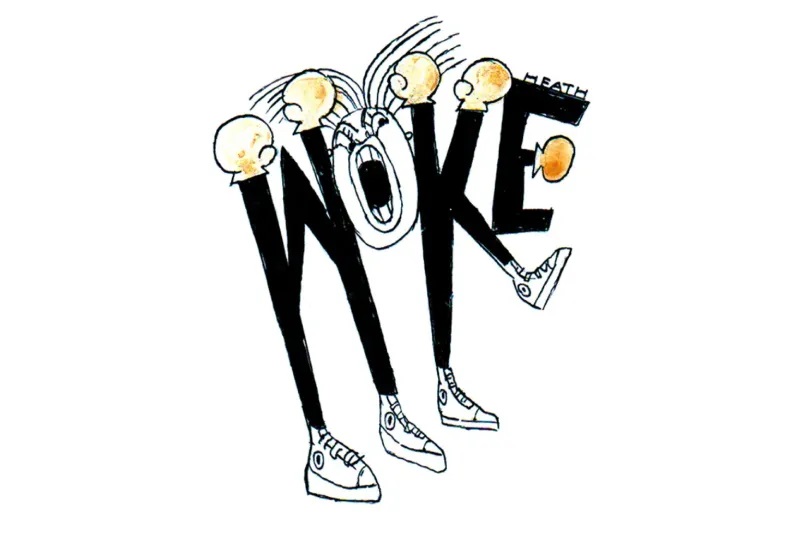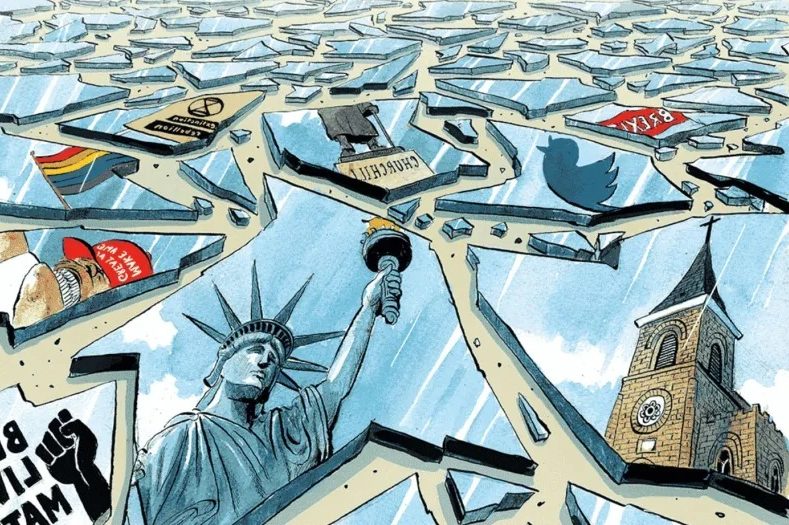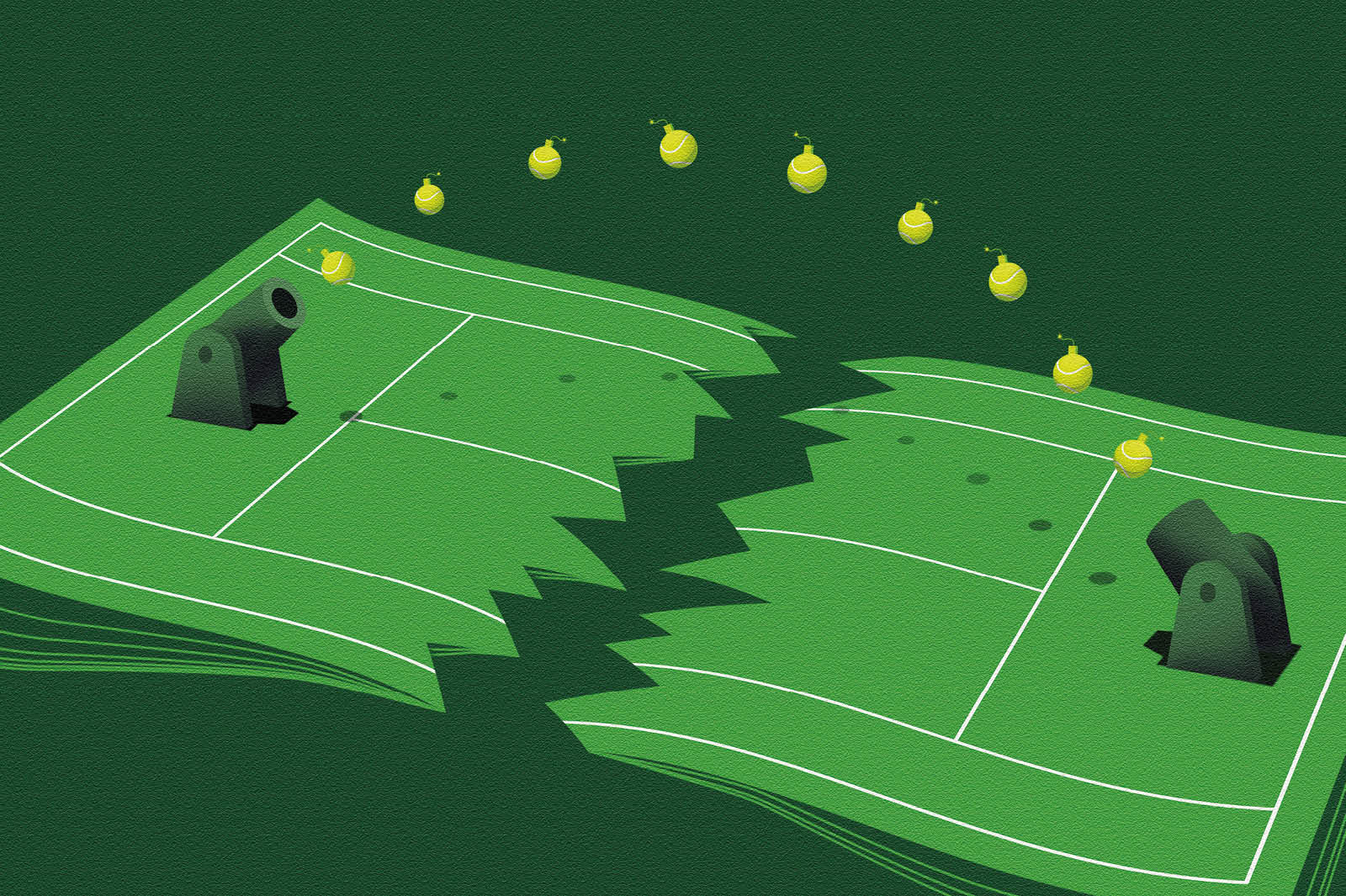About a month into my first journalism job, I covered a house fire that claimed three small children a few blocks north of the courthouse square in little Rushville, Indiana.
We got the story in that day’s Rushville Republican, but by the time it came out everyone in the county already knew about it. Small towns don’t go to their newspapers entirely to learn the news, but to speak, laugh, argue and cry over it.
That fire comes to mind because many of these small community publications are now being lost.
Some 2,500 newspapers have gone under since 2005, according to the Medill Local News Initiative at Northwestern University, amounting to a quarter of the nation’s papers. It could rise to a third by 2025. Papers are disappearing on an average of two a week. At present, we have about 6,500 newspapers; about 1,200 are dailies, while a bit more than 5,000 come out once a week.
Altogether, some 70 million Americans live in so-called “news deserts” or are “at risk” of ending up in one.
But a Washington Post column on the subject by Nancy Gibbs, director of the Harvard Kennedy School’s Shorenstein Center on Media, Politics and Public Policy, seems less concerned with the loss of local journalism per se than that “The very places where local news is disappearing are often the same places that wield disproportionate political power” (emphasis in original).
“Disproportionate political power” is doing heavy lifting here in referring to the US Senate’s two-seats-per-state structure. This constitutional provision, among other things, helps guard the regional interests of less populated states. To the chagrin of progressives, the Senate is where their ships-of-the-line like gun control and carbon neutrality and Medicare-for-all that typically sail along on waves of more populous blue-state support tend to run aground on the red-state shoreline.
Undoing this inconvenience is likely to be stymied, apparently, because the loss of newspapers means country people will, as Gibbs writes, fall easy prey to internet “Potemkin sites that mimic authentic newsrooms (but generate) partisan noise” and where “all kinds of disinformation and conspiracy theories find the desiccated news deserts to be fertile ground.”
The trouble arises when Gibbs says we’re losing authentic newsrooms “at the very moment when 78 percent of Americans say we can no longer agree even on basic facts.” She seems to link that with a more controversial and somewhat stealthy implication that one of the Senate’s constitutional purposes is actually undemocratic and needs to change.
Meanwhile, David Mastio, a former deputy opinion editor at USA Today (no conservative, by the way), found himself defenestrated after offending woke young journalists there by failing to completely endorse the notion that men can be pregnant.
He described the incident in the New York Post and expressed his concern about the way Gannett, which owns USA Today and many other papers around the country, actively seeks out ideologically activated young staff. “Gannett’s top editors and publishers are filling the company with a cadre of young college graduates who share a narrow ‘woke’ ideology that is alien to the values of most of its readers,” he wrote. “What if we look like our communities but don’t think anything like them or share their values and priorities? Readers are bound to notice.”
One thing they’ll notice is that these young journalists are more interested in directing them than informing them. One of the research areas of the Shorenstein Center is Behavioral Decision Science — opinion shaping, in other words.
Still, the loss of newspapers is very real, especially in small communities like Rushville. Throughout the ’90s, the Rushville Republican suffered the same death by gradual effacement as so many others: news hole shrinkage, staff departures, internet-only publication, the end. It was like watching the Cheshire Cat disappear, without the smile.
At the Rushville Republican, Marilyn and Muriel sold the ads that Fred used books of clip art, an Exacto knife and a glue pot to build, puffing on his pipe. Dodie answered the phone and handled classifieds. Kay and I covered everything that wasn’t sports, which was Jeff’s beat. Colleen, Sue and Teresa composited and waxed the news columns for paste-up. Ty, the editor, chain-smoked furiously as he cut-and-pasted (literally, not digitally) together the front page, which he insisted be all local news every single day.
Every one of them (except me, and I married in) were locals with extended families reaching deep into the Rushville area. They didn’t just serve the community; they were the community.
If you picked up the Rushville Republican back in the day, you didn’t just read about the county commissioners or saving covered bridges or Senator Richard Lugar swinging through town with a fresh-faced young US House candidate named Mike Pence. You also read about the Pioneer Engineer Club, the Slabtown Players, the Homer Sampler, Rush County Heritage, the Moscow Covered Bridge Festival, the perennial basketball power Rushville Lady Lions, the Carthage Soldiers’ and Sailors’ Children’s Orphanage and much more.
When such small papers die, it’s not a tragedy because a community is suddenly set adrift in a hazardous sea of partisan misinformation; it’s a tragedy because the anchoring role the paper played in that community is severed. This is made even worse by their collective, gradual demise being pressed into the service of a completely separate political agenda.

























